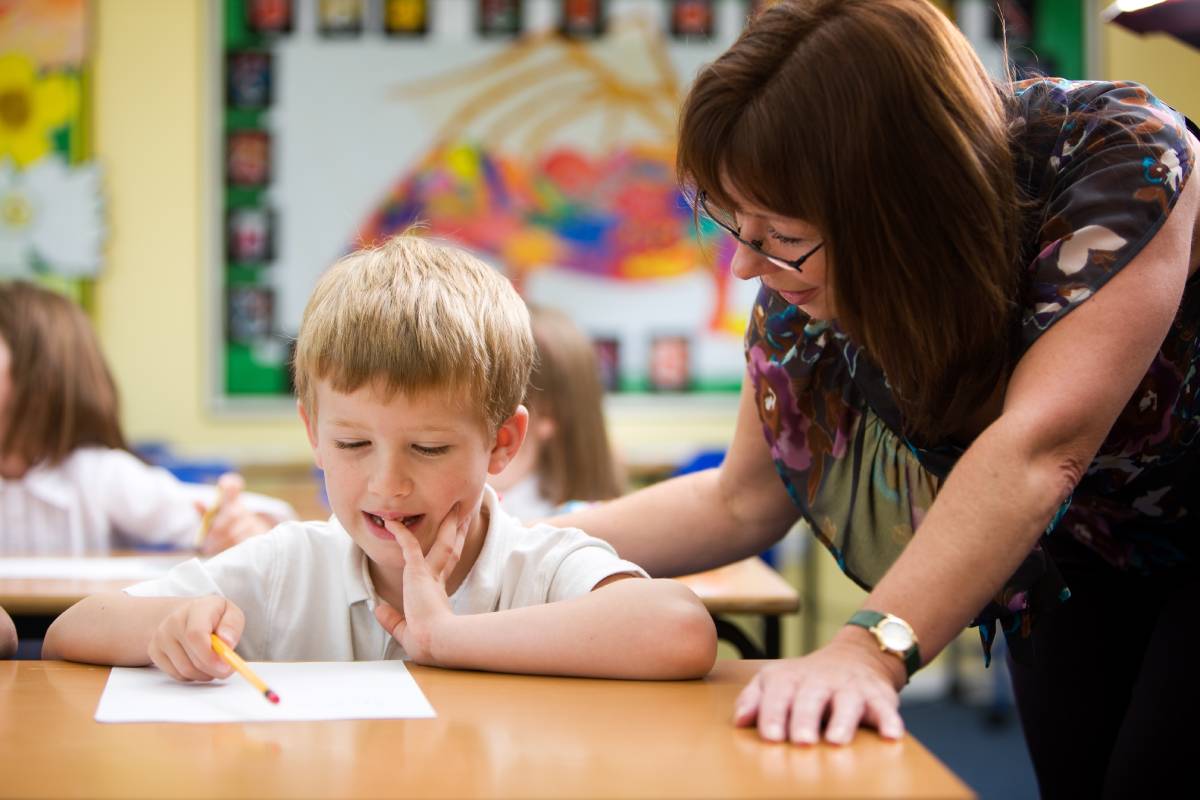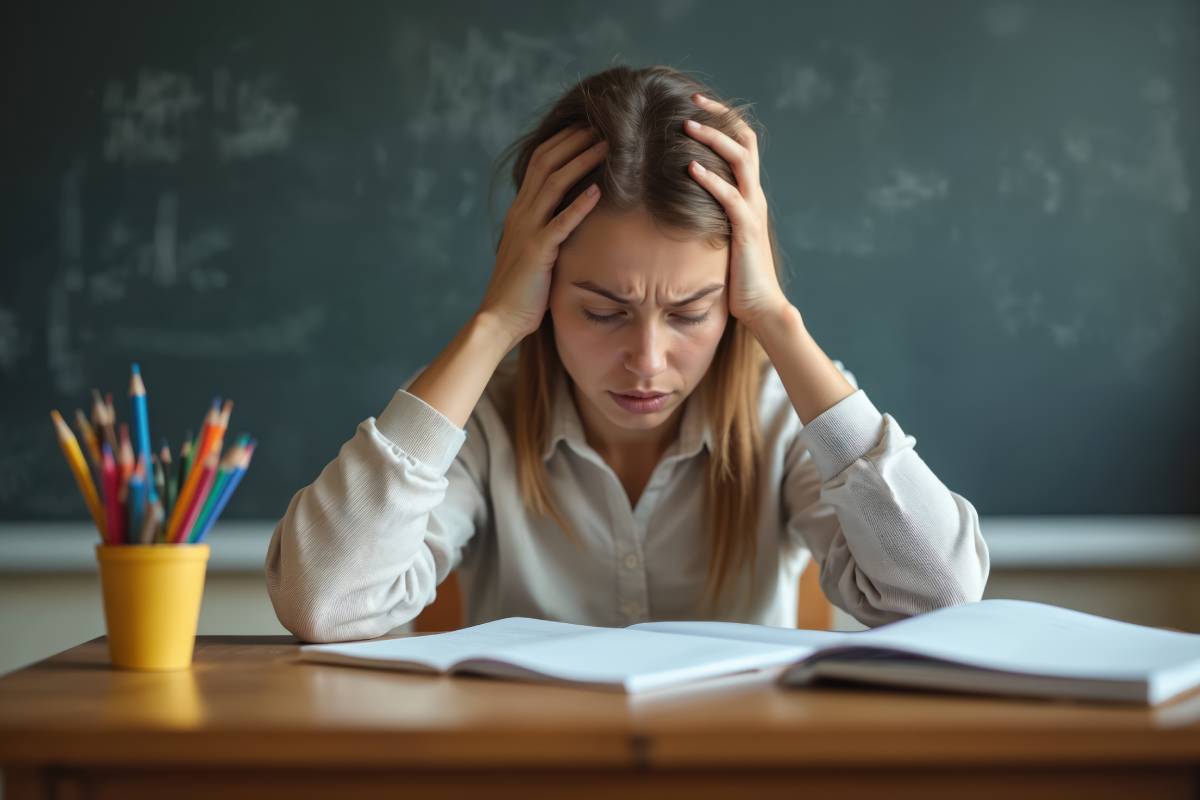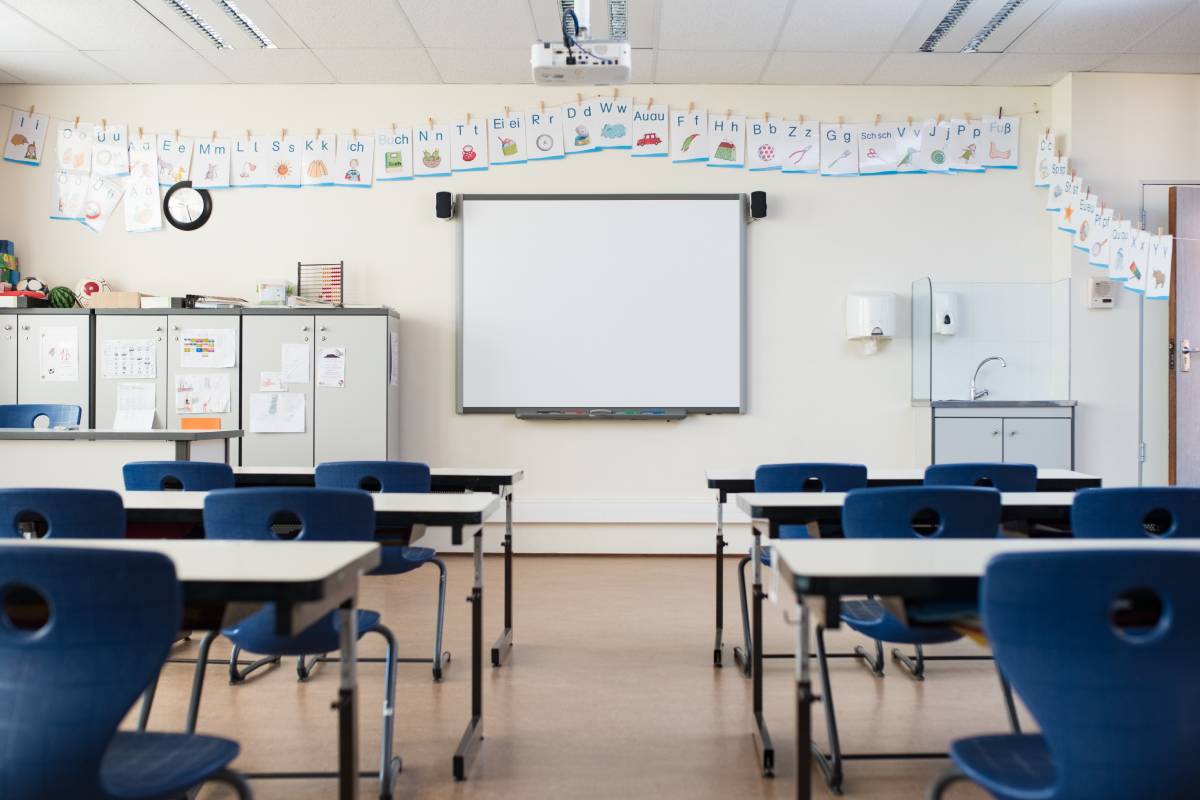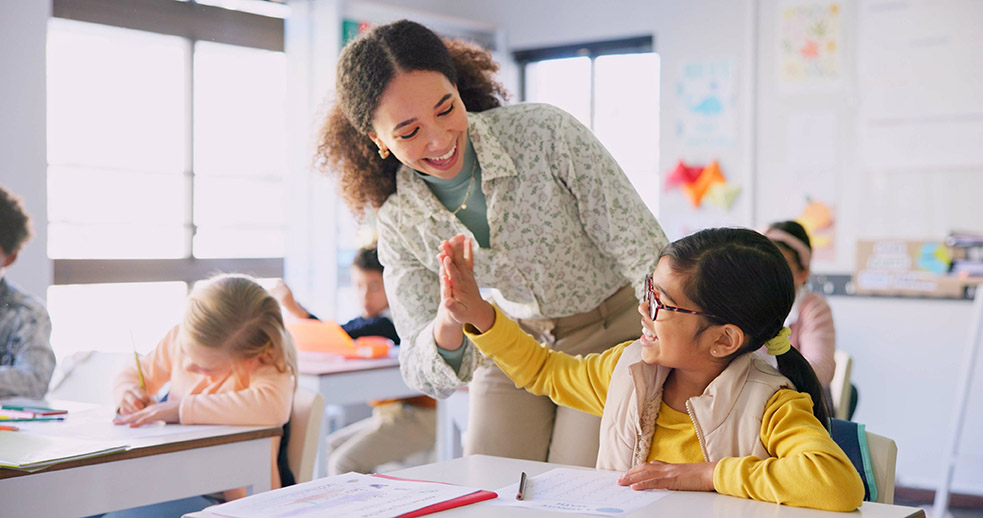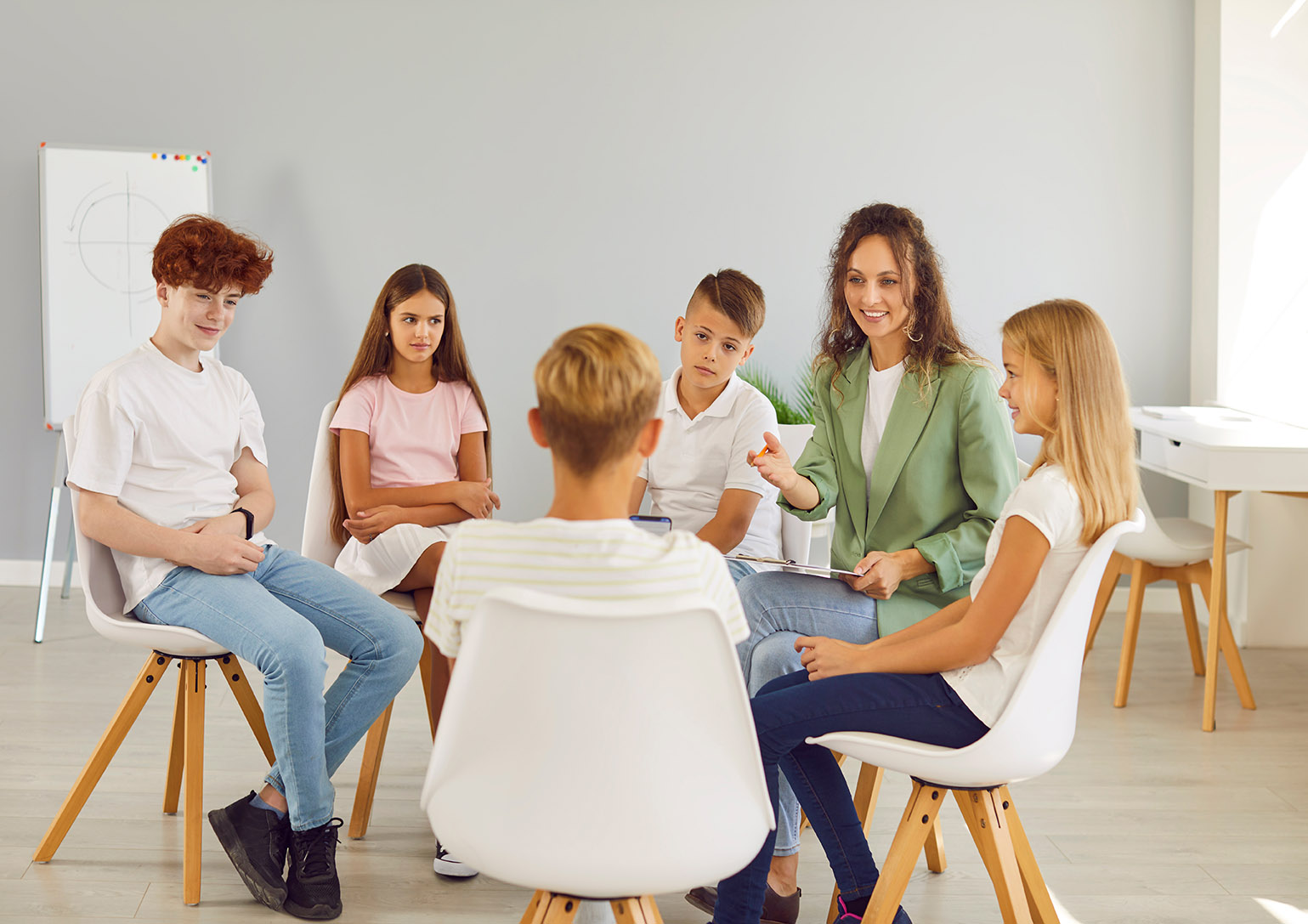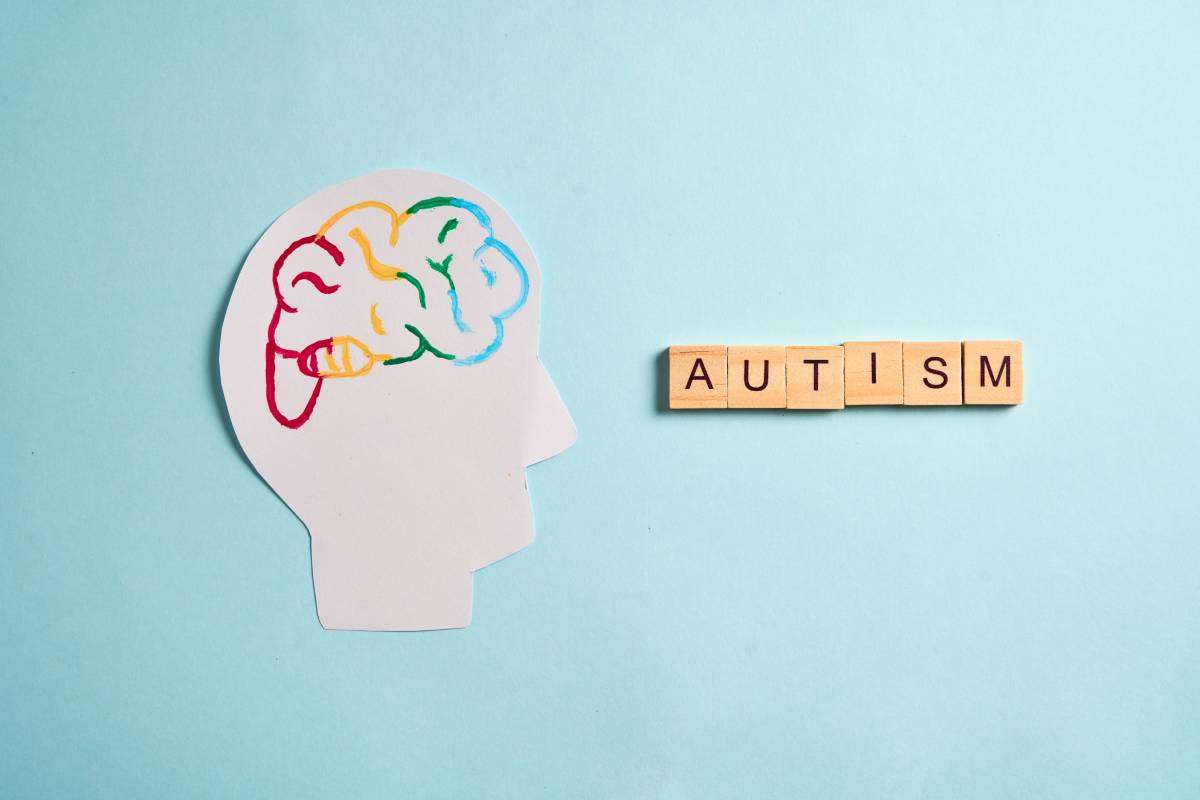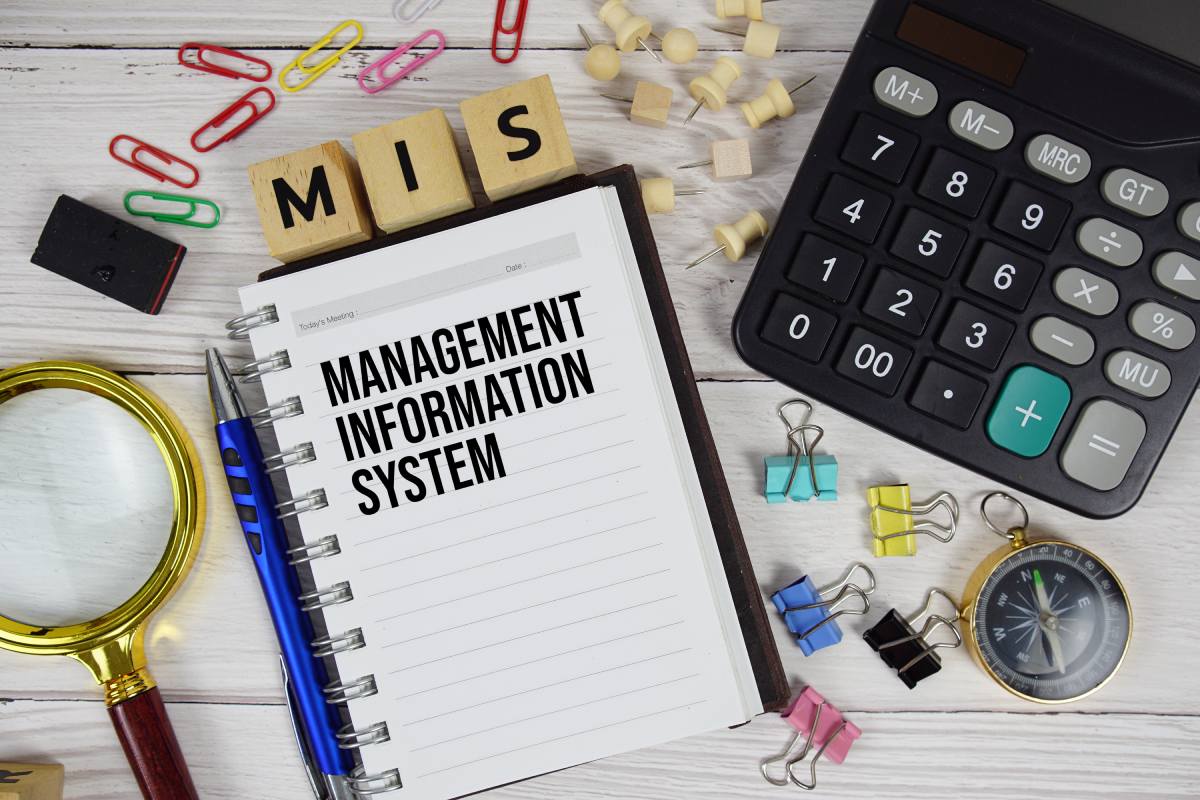Understanding Behaviour Beneath the Surface
When a student slouches in their chair or blurts out in class, what goes through a teacher’s mind? For experienced teachers, the response is often more than just instinct—it’s insight shaped by years of practice and reflection. A recent neuroscience study has added weight to what many in education already believe: expert teachers process student behaviour at a deeper cognitive level than their less experienced counterparts.
Inside the Teacher’s Brain
It’s no longer just a feeling that experienced teachers are superior at analysing behaviour. A recent study found that brainwaves showed increased brain activity in experienced teachers compared to novice ones when dealing with behaviour in the classroom.
Researchers used EEG scans to study how 38 teachers (a mix of novice and experienced) responded to classroom scenarios. Participants were shown images depicting either typical or unexpected student behaviours and asked to think more about the causes of those behaviours. See more here from the study in 2024.
What stood out was the difference in brain activity. Novice teachers reacted quickly, especially to familiar behaviours, showing early-stage brain responses. Expert teachers, on the other hand, demonstrated sustained activity in later processing stages, suggesting deeper thinking, particularly around non-normative behaviour.
In simple terms, novice teachers often recognise what’s happening, while experienced teachers spend more time understanding why it’s happening.
Why This Matters in Real Classrooms
Behaviour in the classroom is often seen as something to manage. But it’s also a form of communication. A student going off-task might be confused, anxious, or even bored. Without digging into the why, responses can become reactive—think warnings, sanctions, or frustration.
Experienced teachers seem to draw on a well-developed mental toolkit. Their reactions are not just quicker but wiser. They rely on pattern recognition built through years of interaction, reflection, and feedback. This level of interpretation allows for more tailored, effective classroom responses.
Can This Insight Be Taught?
Absolutely. While the brain activity may differ, the skills underpinning expert judgement can be nurtured. Here’s how schools and training providers might help new teachers develop this deeper insight:
- Use real-life video scenarios: Invite teachers to discuss classroom clips using prompts like “Why might this student behave this way?”
- Encourage mentoring conversations: Let experienced teachers guide newer ones through tricky behavioural incidents—not just for strategies, but to explore intention and context.
- Promote reflective practice: Give space for reflection logs or debriefs after challenging lessons. Focus on both emotional response and decision-making processes.
By prioritising these strategies, schools support novice teachers to move beyond surface behaviour management and towards expert-level social cognition.
CPD That Builds Intuition
Professional development that focuses on behaviour often leans toward policy or classroom control. This research invites a shift: from managing behaviour to understanding it. It’s a call for CPD that builds intuition through reflection, collaboration, and cognitive awareness.
Start with ‘Why’
Whether you’re a school leader planning CPD or a teacher just starting out, the key takeaway is simple—don’t just ask what a student did, ask why. That slight shift in thinking is where expert judgement begins to grow.


